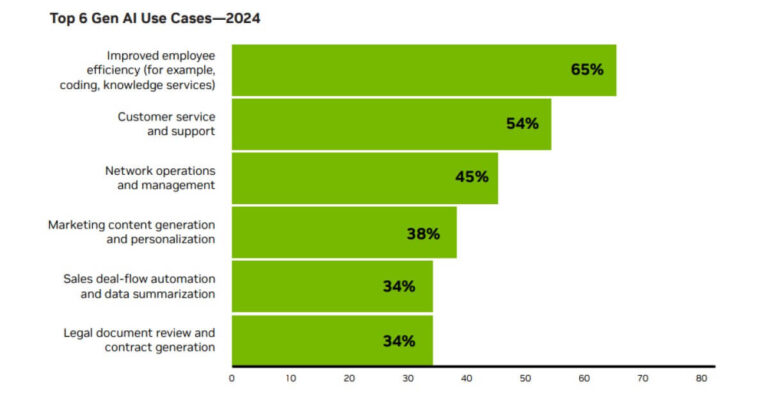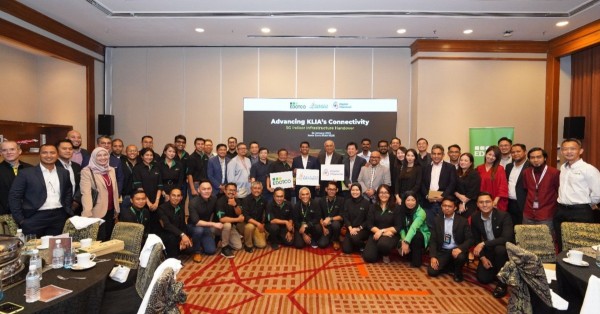The Latest 5G Development: A Strategic Choice by Apple
As we edge closer to the release of the iPhone 16 series, technology analyst Jeff Pu sheds light on Apple’s strategic decisions regarding its modem technology. According to Pu, the eagerly awaited iPhone 16 Pro models are set to feature Qualcomm’s latest Snapdragon X75 modem, marking a divergence from the standard iPhone 16 and iPhone 16 Plus variants, which will continue to employ the Snapdragon X70 modem, as seen in the iPhone 15 series.
This approach is not new for Apple, reflecting a long-standing trend of differentiating its standard and Pro models in terms of modem capabilities.
Anticipating the September Announcement
Qualcomm’s Snapdragon X75, announced in February 2023, stands as a significant advancement in cellular technology. This processor not only supports faster 5G download and upload speeds compared to its predecessor, the X70, but also boasts several innovative features. It incorporates enhanced carrier aggregation and a design that occupies 25% less circuit board space while consuming up to 20% less power.
Perhaps most notably, the Snapdragon X75 is at the forefront of the “5G Advanced” standard, often regarded as a critical stepping stone towards the evolution of 6G. This new standard is expected to integrate artificial intelligence and machine learning to elevate 5G performance, while also expanding its application across a wider range of devices and use cases.
Apple’s Marketing Strategy and Qualcomm’s Ongoing Efforts
With the introduction of 5G Advanced in the iPhone 16 Pro models, Apple is likely to replicate its successful marketing strategy used with LTE Advanced in the iPhone 6s back in 2015.
Meanwhile, Apple has been engaged in developing its in-house 5G modem since 2018. However, faced with various developmental challenges, the project’s completion is expected to extend beyond 2025. Consequently, Apple’s partnership with Qualcomm for 5G modems is anticipated to continue through 2026.
A Wait-and-Watch Approach
As the technology world eagerly anticipates these developments, all eyes are on Apple’s next move. With the iPhone 16 series launch around the corner, these strategic choices in modem technology are set to play a pivotal role in shaping the next generation of smartphones. Stay tuned for further updates on this evolving story.


























